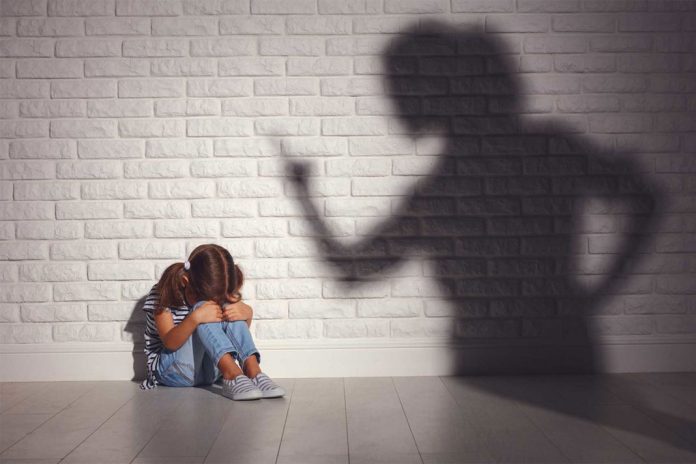Harleen Walia, Deputy Director of Childline India, suggested that the helpline should be declared as an essential service during the coronavirus lockdown.The lockdown has been imposed to save everyone from the coronavirus. But the indication it is giving is different. The lockdown has turned into captivity for not only women but also for children trapped with abusers at home. In just 11 days of lockdown, the Childline India helpline received more than 92,000 SOS calls asking for protection from child abuse cases and violence.
‘CHILDLINE 1098’ helpline for children in distress, received 3.07 lakh calls. These calls were from across the country between March 20-31. i.e the first week of the lockdown. In this, 30% were about protection against abuse and violence on children.This comes to 92,105 calls.
According to Harleen Walia, deputy director of Childline India, the number of calls, increased by 50%. This increase started after Prime Minister Narendra Modi’s speech in which he declared the lockdown,on March 24,
Some of the other calls received following the lockdown dealt with physical health (11% of calls), child labour (8%), missing and run away children (8%) and homeless (5%), according to figures shared by Walia in the meeting. Walia has suggested that the helpline should be declared as an essential service during the lockdown in child abuse cases.
Child rights bodies requested the government to declare 1098 toll free and to make it a COVID-19 emergency outreach number for children or parents or caregivers. They have sent a written letter to the Prime Minister’s office.
The government was requested to provide uninterrupted access to critical services for the most vulnerable children and their families on April 2. An alliance of six leading child development organisations (ChildFund India, Plan India, Save the Children India, SOS Children’s Villages of India, Terre des hommes and World Vision India), sent a joint statement to the PMO .
“To overcome the immediate and long-term impact of the crisis, the government should ensure, on priority basis: access to critical services such as healthcare, nutrition, food security, mental health and psychosocial support, protection against violence and ensure social protection and child-sensitive cash transfer initiatives to the most vulnerable children and poorest families,” the child rights bodies said.


